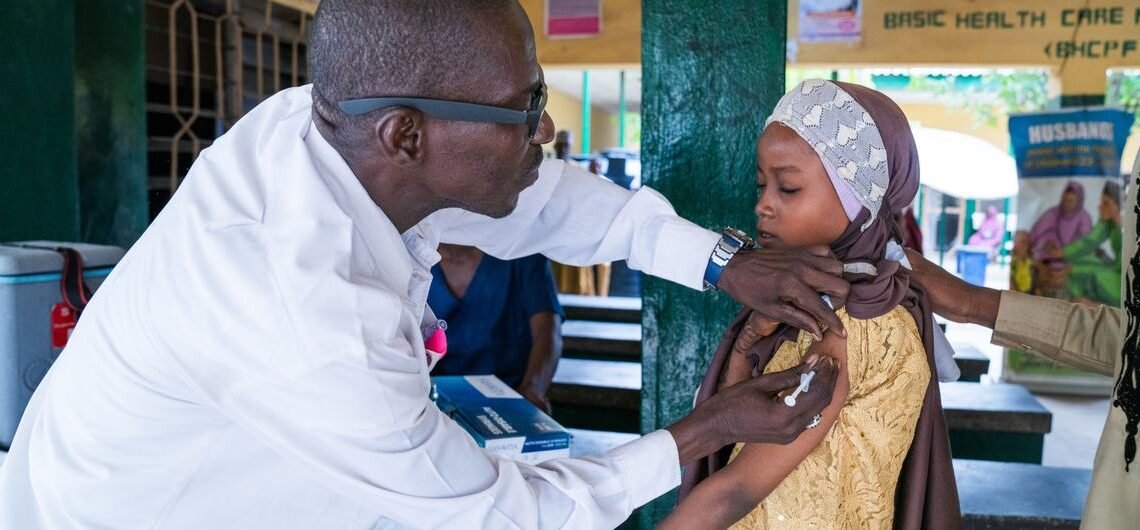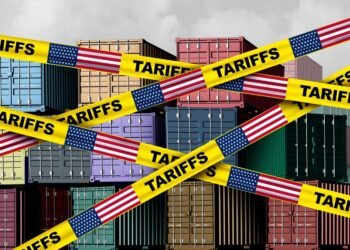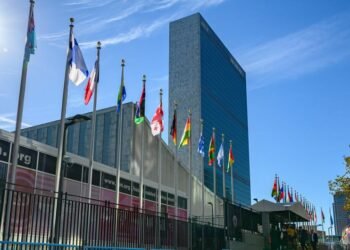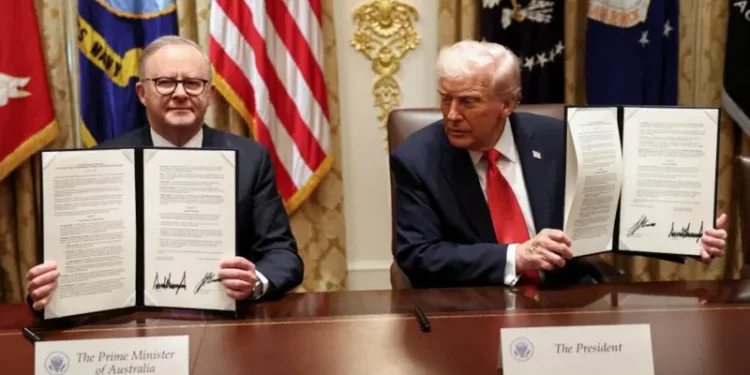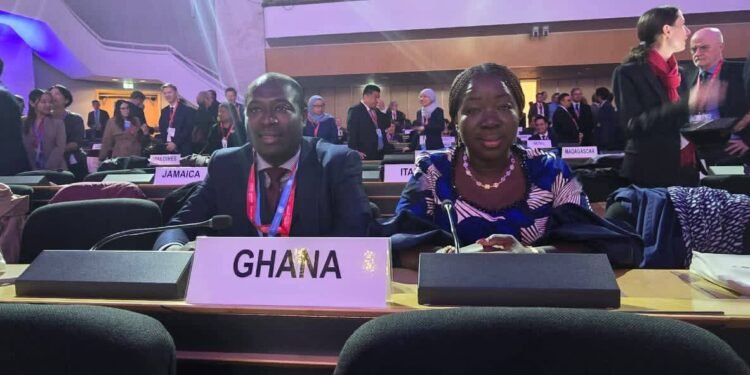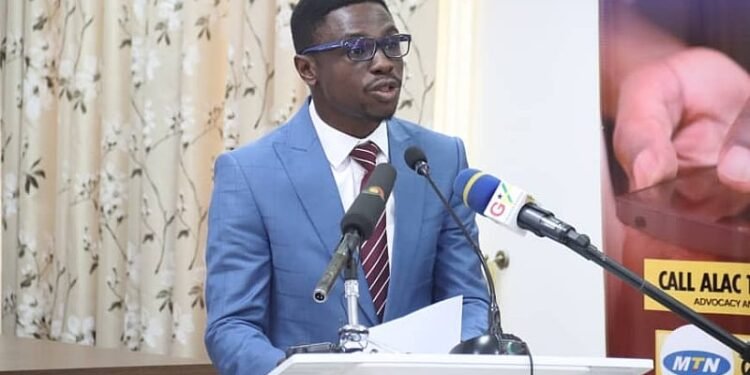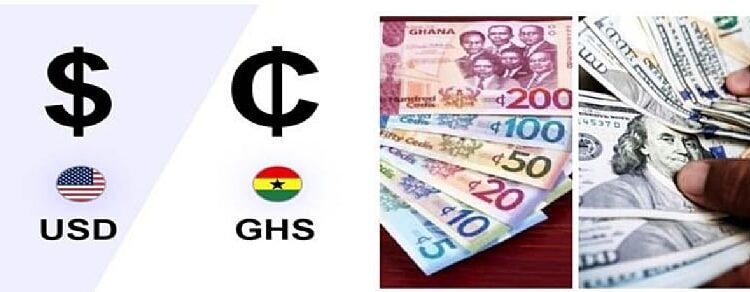Global health experts are raising the alarm over a growing threat to one of the most significant public health achievements of the modern era: the near-eradication of several deadly diseases through vaccination.
According to the World Health Organization (WHO), cuts to global health funding are putting decades of immunization progress at risk, with diseases like measles, yellow fever, and meningitis poised for resurgence.
The WHO said a steady rise in vaccine-preventable disease outbreaks can already be observed in various regions, especially in sub-Saharan Africa.
In what is known as the “meningitis belt,” spanning numerous countries across central Africa, the successful elimination of meningitis A through vaccination efforts is now facing reversal. “Funding cuts to global health have put these hard-won gains in jeopardy,” said WHO Director-General Tedros Adhanom Ghebreyesus.
Measles cases surged to over 10.3 million globally in 2023, marking a 20% increase from the previous year, and that figure is projected to continue rising into 2025. According to a joint statement by WHO, the UN Children’s Fund (UNICEF), and partner organizations, “the upward trend is expected to continue into 2025.”
Yellow fever, which had been in steady decline across Africa due to improved access to vaccines and emergency stockpiles, is also seeing a resurgence. Outbreaks have already been confirmed in several African nations in 2025, with additional cases now reported in parts of the Americas.
One of the biggest hurdles to maintaining immunization levels is misinformation. Alongside funding cuts, population growth, and humanitarian crises, the spread of vaccine-related falsehoods is undermining trust and reducing uptake in vulnerable communities.
A WHO survey conducted across 108 countries earlier this month found that nearly half are experiencing moderate to severe disruptions in their vaccination campaigns, routine immunization schedules, and vaccine supply chains due to dwindling donor support.
“The global funding crisis is severely limiting our ability to vaccinate over 15 million vulnerable children in fragile and conflict-affected countries against measles.”
Catherine Russell, Executive Director of UNICEF
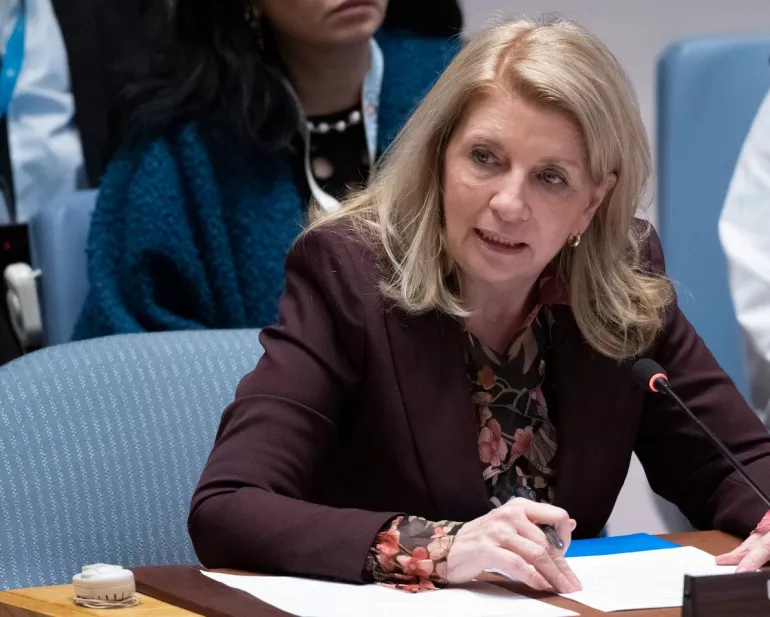
Vaccines, Lifesaving Miracle
Despite the growing threat, the benefits of vaccines remain indisputable. Immunizations are credited with saving approximately 4.2 million lives each year by protecting against many deadly diseases. Nearly half of those lives saved are in Africa, highlighting the disproportionate impact of falling vaccine coverage on the continent.
According to WHO data, every $1 spent on vaccines yields a $54 return through improved health outcomes and increased productivity—a figure that underlines the extraordinary cost-effectiveness of immunization programs.
UNICEF, WHO, and their partners are now appealing to governments, parents, and civil society to rally behind immunization programs. They call for sustained and increased investments in public health infrastructure and vaccines to ensure that decades of progress are not lost.
The WHO explains that vaccines work by triggering the body’s natural defenses to build immunity against more than 30 life-threatening illnesses. They have proven effective in preventing diseases such as measles, diphtheria, polio, and more — diseases that once claimed millions of lives annually.
The UN Secretary-General has described vaccines as “the most important public health intervention in history” and “a lifesaving miracle.” He emphasized that access to vaccines must be equitable, especially after the COVID-19 pandemic exposed severe gaps in global health systems. Millions of children who should have been protected are now left exposed, creating an urgent need to restore and expand immunization efforts.
As the world marks another World Immunization Week, UN agencies urge renewed commitment to closing immunization gaps and reinforcing vaccination programs as a basic human right and vital health investment. Only through united global action can the world protect future generations and build on a legacy that has already saved millions of lives.
READ ALSO: Army Chief Vows Crackdown on Perpetrators of Bawku Conflict



